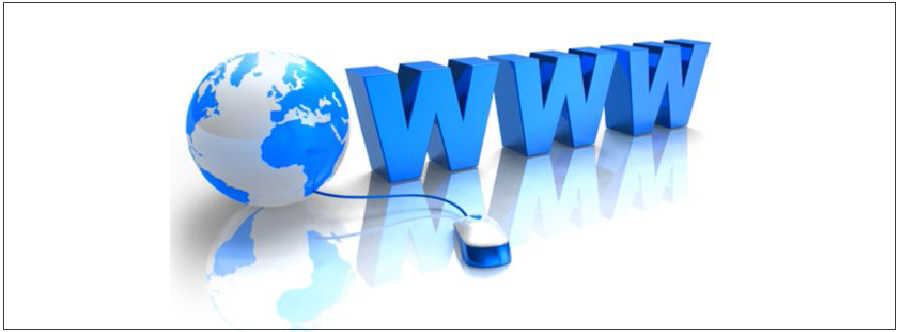World Wide Web: Know everything in the world

The World Wide Web is a collection of hypermedia information stored within the internet and can be accessed anywhere anytime. So it is a platform that covers the worldwide area and the information within WWW (W3) is stored in a form of interconnected Web Pages. Those pages use a web-like structure over the internet so we call them the World Wide Web.
Every Year 1st of August is celebrate as a World Wide Web day. Hence, it is celebrate in the meaning of online activities that bring the global news to our footsteps.
Sir Tim Berners-Lee, a computer scientist from the British invented WEB. So he was looking for a way to communicate and share data with other scientists. Meanwhile, in the year of 1989, at the CERN center in Switzerland, they created an HTTP to standardize communication between servers and clients. He was also the first one who created the very first web browser and server.
Therefore, he suggest three main technologies that are essential to use WWW. Also, all of them remain in use today, they are –
HTML (Hypertext marking language)
URL (Universal resource locator)
HTTP (Hypertext Transfer Protocol)
Why did we choose WWW?
- Access to different sources of information.
- It reduces the cost of divulgation.
- Low cost of initial connection.
- No barrier to divulgation.
- Facilitates establishing professional contacts.
- Facilitates faster interactive communication.
Interesting Facts
- On August 6, 1991, the European Organization for Nuclear Research (also known as CERN) in Switzerland launched the first website.
- When someone builds a website, the content they add is uploaded to server space held by, for example, Amazon or Google.
- The internet and the World Wide Web are not the same thing, despite the fact that they are frequently use interchangeably.
- Steve Jobs created the NeXt system, which was used to write the computer code in the initial days.
- The number of gadgets linked to the internet outnumbers the number of people on the planet.
Uses of WWW
1. Communication.
2. Research and Development.
3. Get information about any global topic.
4. Research something on the internet.
5. Watch videos and other entertainment.
6. Advertisement and Publicity.
In conclusion, the WEB provides us with various types of information. Hence, without it, that information would be very hard to get. So for people of all ages, the WWW has been one of the most essential resources that bring great value to our daily life.






